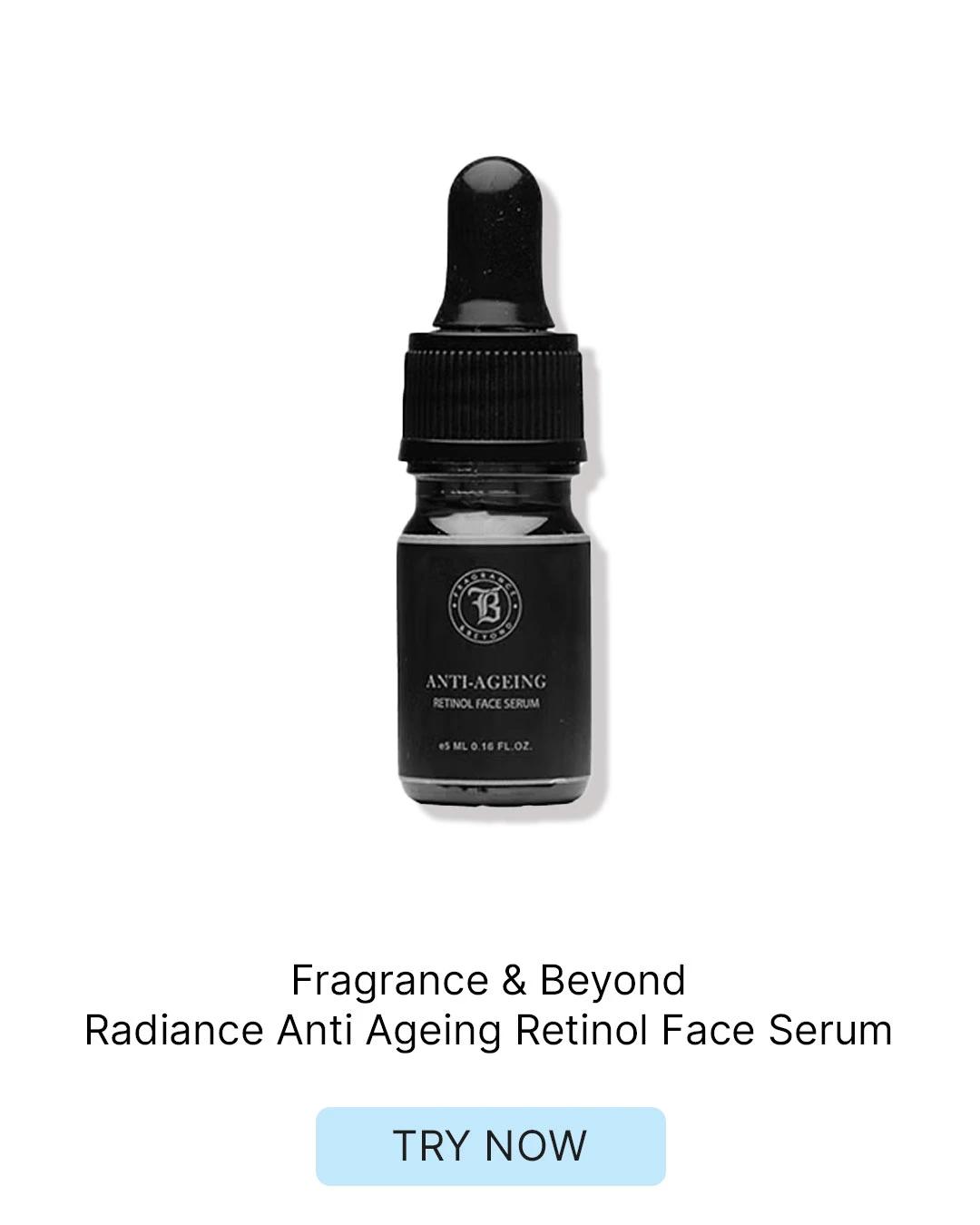Seek professional advice if you experience severe or persistent irritation, unusual breakouts, or if you're unsure about incorporating retinol with other treatments. A dermatologist can help customise your approach and ensure you're using retinol safely and effectively for your specific skin needs.
Retinol Serum for Specific Skin Concerns
Retinol's versatility makes it useful for addressing multiple skin concerns beyond just anti-ageing. Understanding how it tackles different issues helps you set realistic expectations and appreciate the full scope of what this ingredient can do.
Acne-Fighting Properties
Retinol works as an effective
acne-fighting ingredient by preventing clogged pores and reducing inflammation. The increased cell turnover helps clear existing breakouts faster whilst preventing new ones from forming. It's particularly helpful for adult acne, which often combines breakouts with early signs of ageing.
Uneven pigmentation, dark spots, and post-inflammatory marks respond well to retinol's cell-renewing properties. The consistent turnover of skin cells helps fade discolouration gradually, revealing a more even-toned complexion over time. Results take patience, but they're definitely worth the wait.
Targeting Stubborn Facial Wrinkles
Deeper
facial wrinkles around the eyes, mouth, and forehead benefit from retinol's collagen-boosting effects. Whilst it won't completely eliminate deep-set lines, it can soften their appearance significantly and prevent them from becoming more pronounced. Consistency is key for seeing improvements in established wrinkles.
Frequently Asked Questions
Can I use retinol serum during the day?
No, retinol should only be used at night. It makes your skin more sensitive to sunlight, which can lead to irritation and increased sun damage. Stick to your evening routine and always wear SPF during the day when using retinol products.
How long does it take to see results from retinol serum?
Most people notice improvements in skin texture within 4-6 weeks, whilst more significant changes like reduced fine lines typically appear after 8-12 weeks of consistent use. Remember, retinol is a long-term investment in your skin's health and appearance.
Is retinol serum safe for sensitive skin?
Yes, but sensitive skin types should start with lower concentrations (0.25% or less) and use it less frequently. Look for encapsulated or time-released formulas, which are gentler on reactive skin. Always patch test first and introduce retinol very gradually.
Can I use retinol serum while pregnant or breastfeeding?
Retinol is not recommended during pregnancy or breastfeeding due to potential risks to the baby. Consult your healthcare provider about safe alternatives for maintaining your skincare routine during this time.
How does retinol serum compare to other anti-aging ingredients?
Retinol is considered one of the most effective anti-ageing ingredients available over-the-counter. Whilst other ingredients like vitamin C and peptides offer benefits, retinol's ability to stimulate collagen production and accelerate cell turnover makes it particularly powerful for comprehensive anti-ageing results.
Final Thoughts
Retinol serum truly deserves its reputation as an anti-ageing superstar. From boosting collagen production to improving skin texture and reducing fine lines, it addresses multiple concerns with one powerhouse ingredient. The key to success lies in starting slowly, being consistent, and protecting your skin with proper sun protection.
Remember, everyone's skin responds differently to retinol, so what works for your friend might need tweaking for you. Pay attention to how your skin feels and looks, adjust your routine accordingly, and don't be afraid to take breaks if needed. With patience and the right approach, retinol serum could become that game-changing addition to your skincare routine that finally gives you the results you've been after.


 30 ml
30 ml 30 ml
30 ml 30 ml
30 ml 30 ml
30 ml